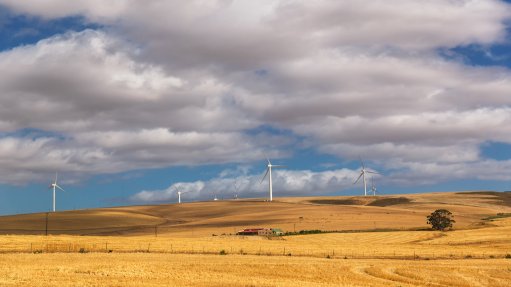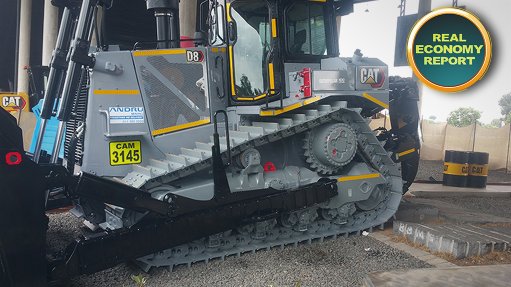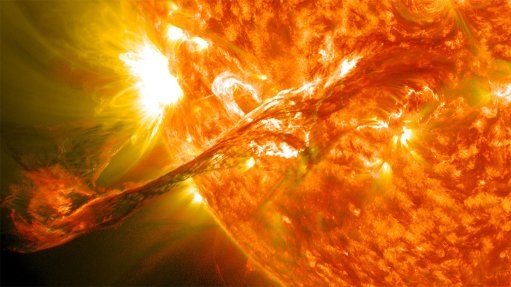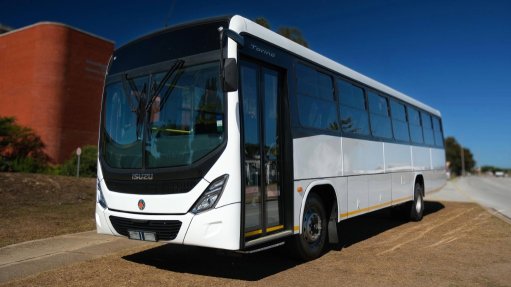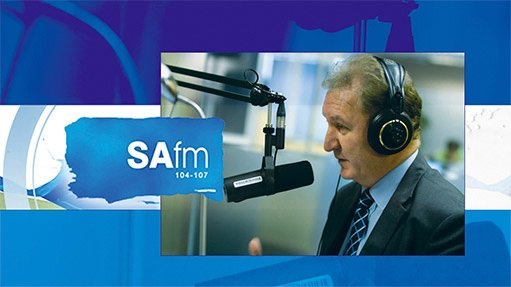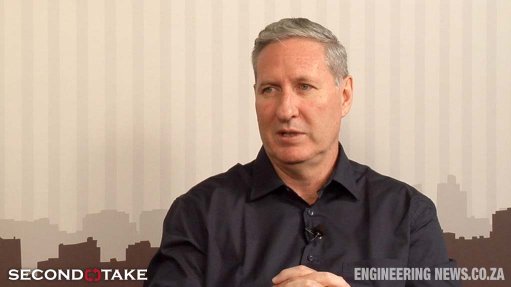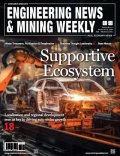All money is a matter of belief
If you have a few pounds to spare (that is, British pounds, the currency), will have some time to spare on December 12, will be in London on that day and have an interest in economics or philosophy, then you are in for a treat. On offer is a book, but not just any book. It is not the age of the book that is significant (it was first published on March 9, 1776), but its author. A hint: one of the more famous quotes of the author is in the headline of this column.
For the sake of accuracy, it is a double-volume book, and it is also a first edition. But it is not any first edition – it is the author’s very own edition. Any idea who the author is? It is without question the greatest work of economics ever written – by someone many consider to be the father of economics. Coincidentally, he shares a name with the father of the human race, if you are of the Christian faith or persuasion, and that name is Adam.
As for his surname, it is derived from the Anglo-Saxon word that means ‘to smite or strike’. He is, of course, Adam Smith, considered to be the most influential economist who has ever lived, besides many other accolades. He wrote what many tend to simply call The Wealth of Nations; its full title is An Inquiry into the Nature and Causes of the Wealth of Nations. The copy that I own, the book is still freely available in print, is all of 974 pages and cost a mere £3.99, which, at the time of writing, on November 26, equated to R70.97, taxes included.
So, just how many South African rands would you need to match the reserve price? Well, only R14 229 895.68. If ever you thought that there was no value, or monetary gain, to be derived from collecting books, think again. Twenty years ago, a first-edition copy of The Wealth of Nations would have cost you no more than R355 747.39. Today, that very same book will cost you about R1 778 736.96, and that is a conservative estimate. You do not need to be an economist to appreciate the significance of the return on investment. The great irony for me is that the book would eventually be bought through the exchange of some form of money, and, according to Smith, “all money is a matter of belief”. As to why you trust money by using it – offering it and accepting it – that warrants a column all on its own.
Should you want to buy The Wealth of Nations in British pounds – the most appropriate denomination would no doubt be the £20 banknote, which features a portrait of Adam Smith – you would need at least 88 936 £20 banknotes.
The Wealth of Nations is said to be among the key titles in western thought that have seen sharp price rises in the rare books market, along with Charles Darwin’s Origin of Species. It just shows you how the book market has evolved.
If you have not invested the time to read The Wealth of Nations, you are depriving yourself of something very important; if you read it, you will find that what you might consider to be modern economics is anything but. It took Smith 20 years to write the book; although it is voluminous, it will not take you that long to read it, but you will be enriched.
I am reminded of one of his quotes which I fear may well be lost on many South Africans. But it bears reminding: “Labour was the first price, the original purchase – money was paid for all things. It was not by gold or by silver, but by the labour, that all wealth of the world was originally purchased.” Lest we forget.
On this horrible day, little Daisy, our family’s beloved Chihuahua, passed away. I fondly recall many an evening of great stress, working to this column’s deadline, with Daisy loyally by my side. RIP.
Article Enquiry
Email Article
Save Article
Feedback
To advertise email advertising@creamermedia.co.za or click here
Comments
Announcements
What's On
Subscribe to improve your user experience...
Option 1 (equivalent of R125 a month):
Receive a weekly copy of Creamer Media's Engineering News & Mining Weekly magazine
(print copy for those in South Africa and e-magazine for those outside of South Africa)
Receive daily email newsletters
Access to full search results
Access archive of magazine back copies
Access to Projects in Progress
Access to ONE Research Report of your choice in PDF format
Option 2 (equivalent of R375 a month):
All benefits from Option 1
PLUS
Access to Creamer Media's Research Channel Africa for ALL Research Reports, in PDF format, on various industrial and mining sectors
including Electricity; Water; Energy Transition; Hydrogen; Roads, Rail and Ports; Coal; Gold; Platinum; Battery Metals; etc.
Already a subscriber?
Forgotten your password?
Receive weekly copy of Creamer Media's Engineering News & Mining Weekly magazine (print copy for those in South Africa and e-magazine for those outside of South Africa)
➕
Recieve daily email newsletters
➕
Access to full search results
➕
Access archive of magazine back copies
➕
Access to Projects in Progress
➕
Access to ONE Research Report of your choice in PDF format
RESEARCH CHANNEL AFRICA
R4500 (equivalent of R375 a month)
SUBSCRIBEAll benefits from Option 1
➕
Access to Creamer Media's Research Channel Africa for ALL Research Reports on various industrial and mining sectors, in PDF format, including on:
Electricity
➕
Water
➕
Energy Transition
➕
Hydrogen
➕
Roads, Rail and Ports
➕
Coal
➕
Gold
➕
Platinum
➕
Battery Metals
➕
etc.
Receive all benefits from Option 1 or Option 2 delivered to numerous people at your company
➕
Multiple User names and Passwords for simultaneous log-ins
➕
Intranet integration access to all in your organisation






